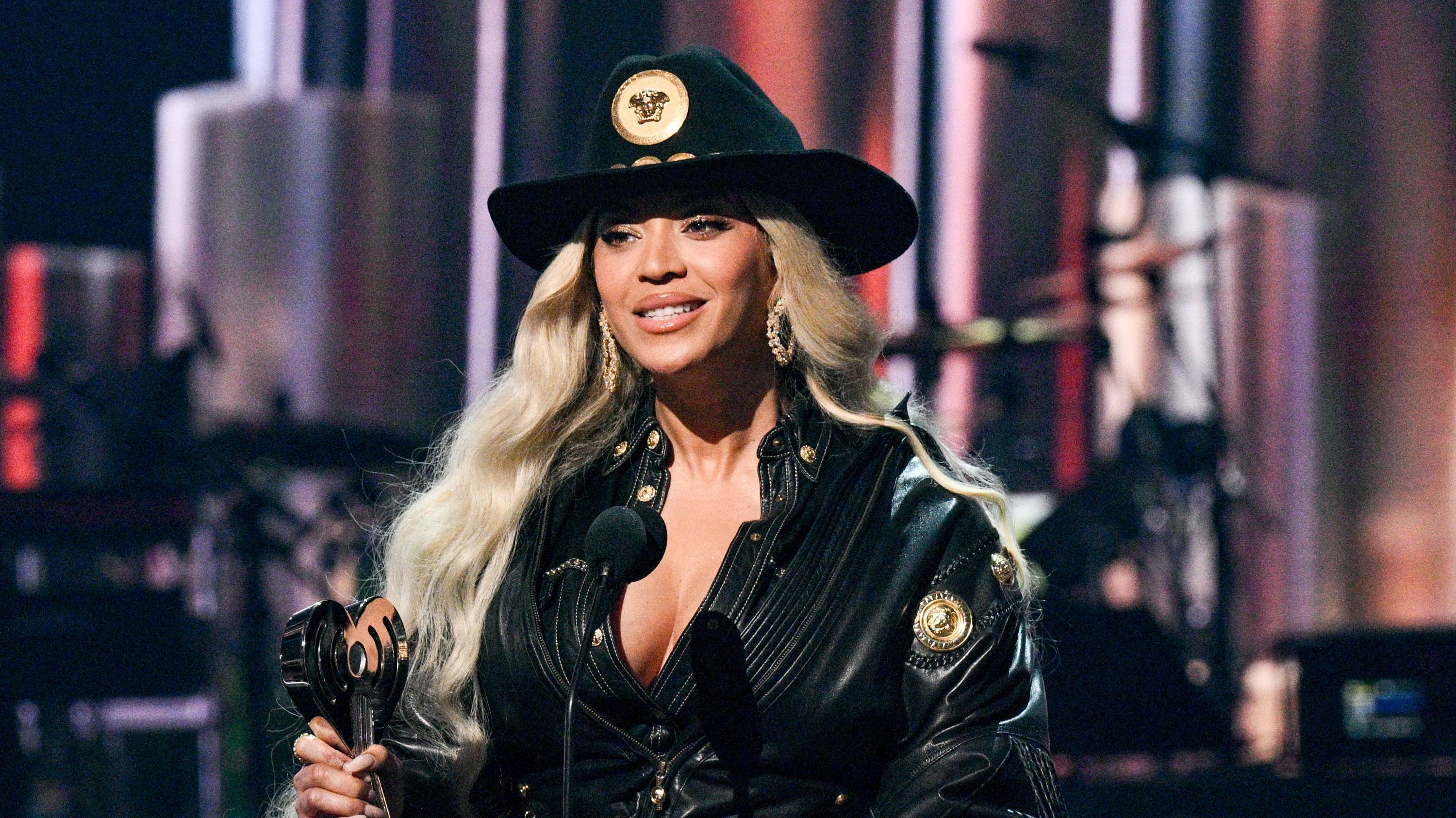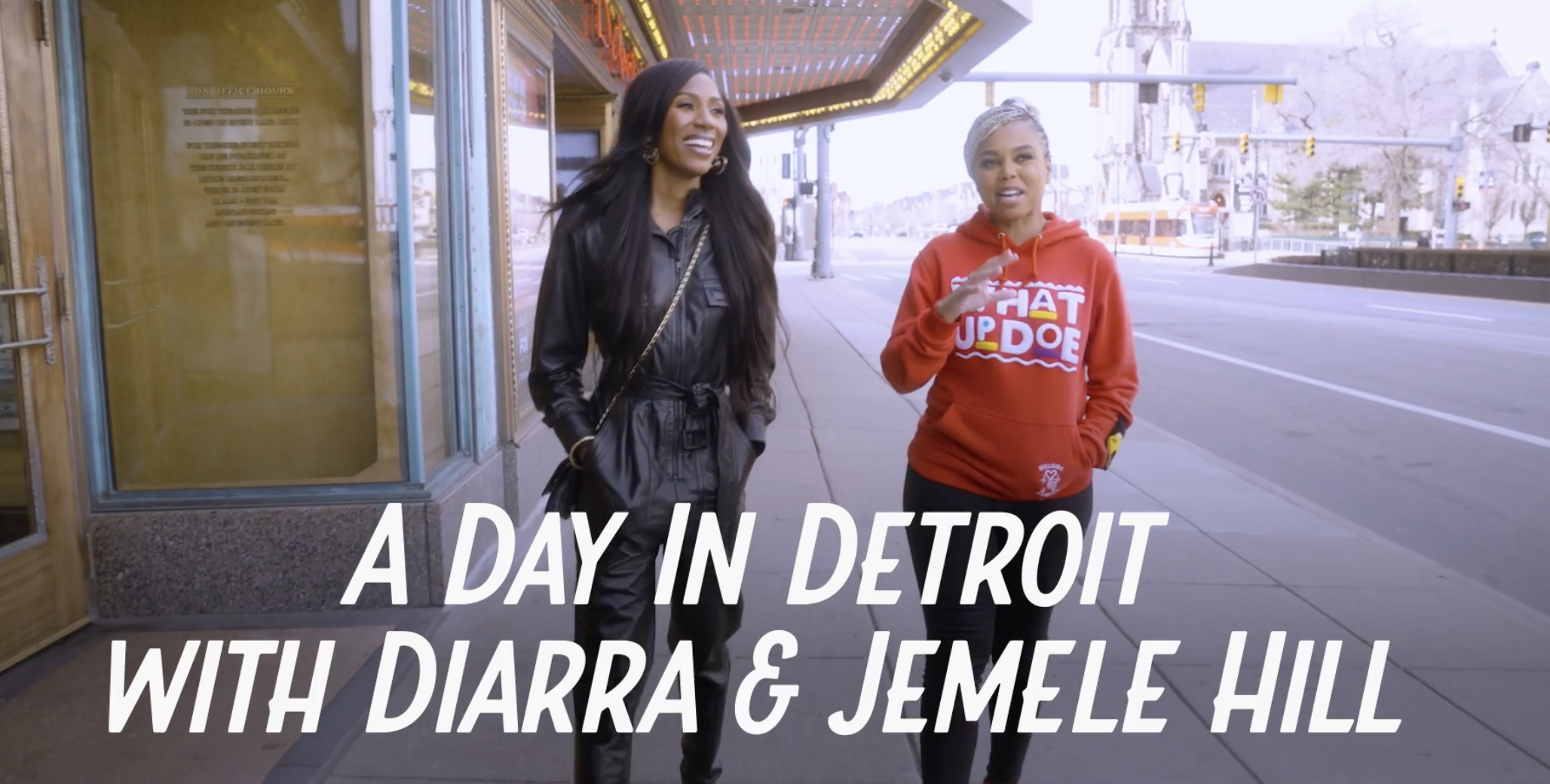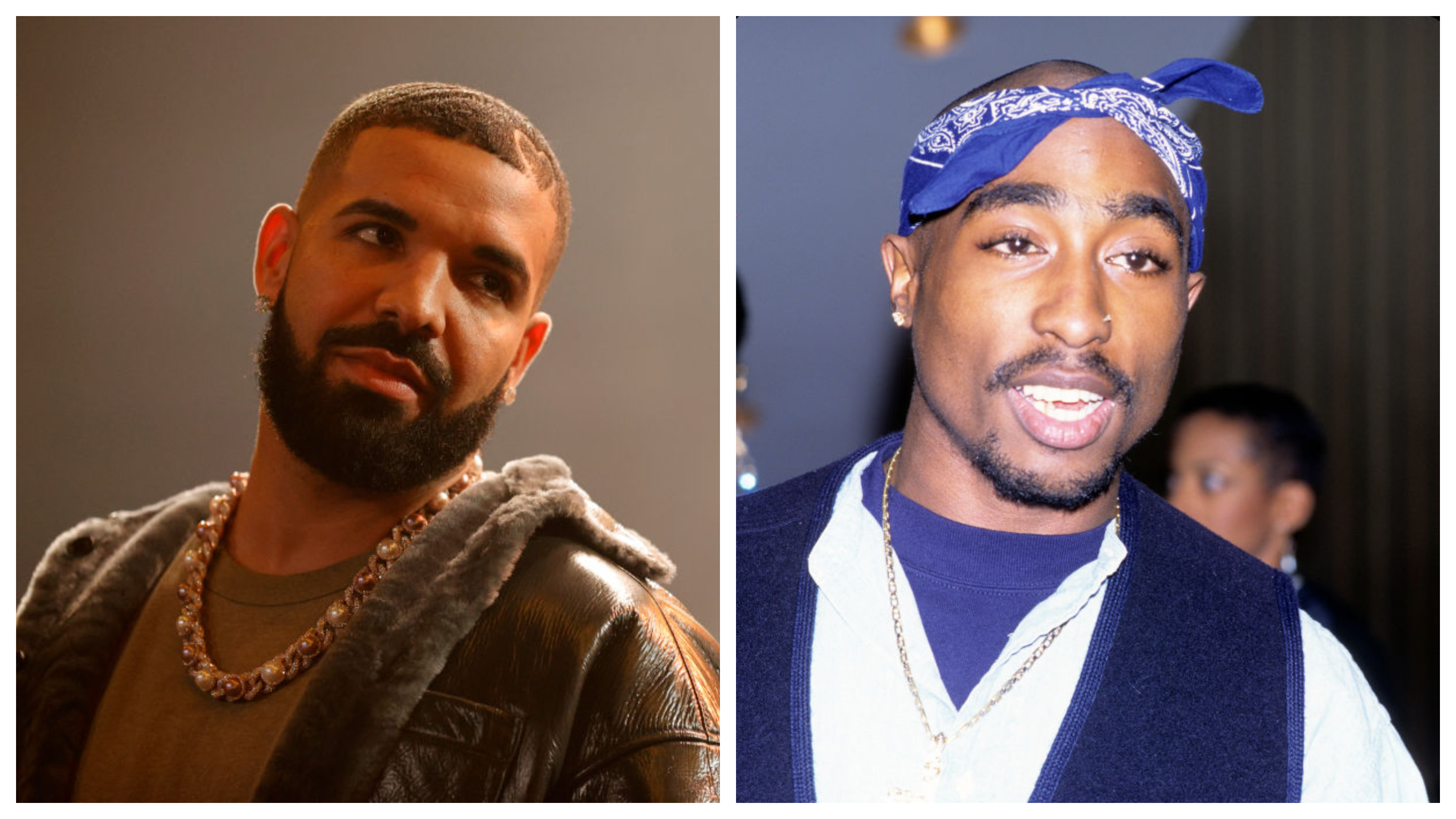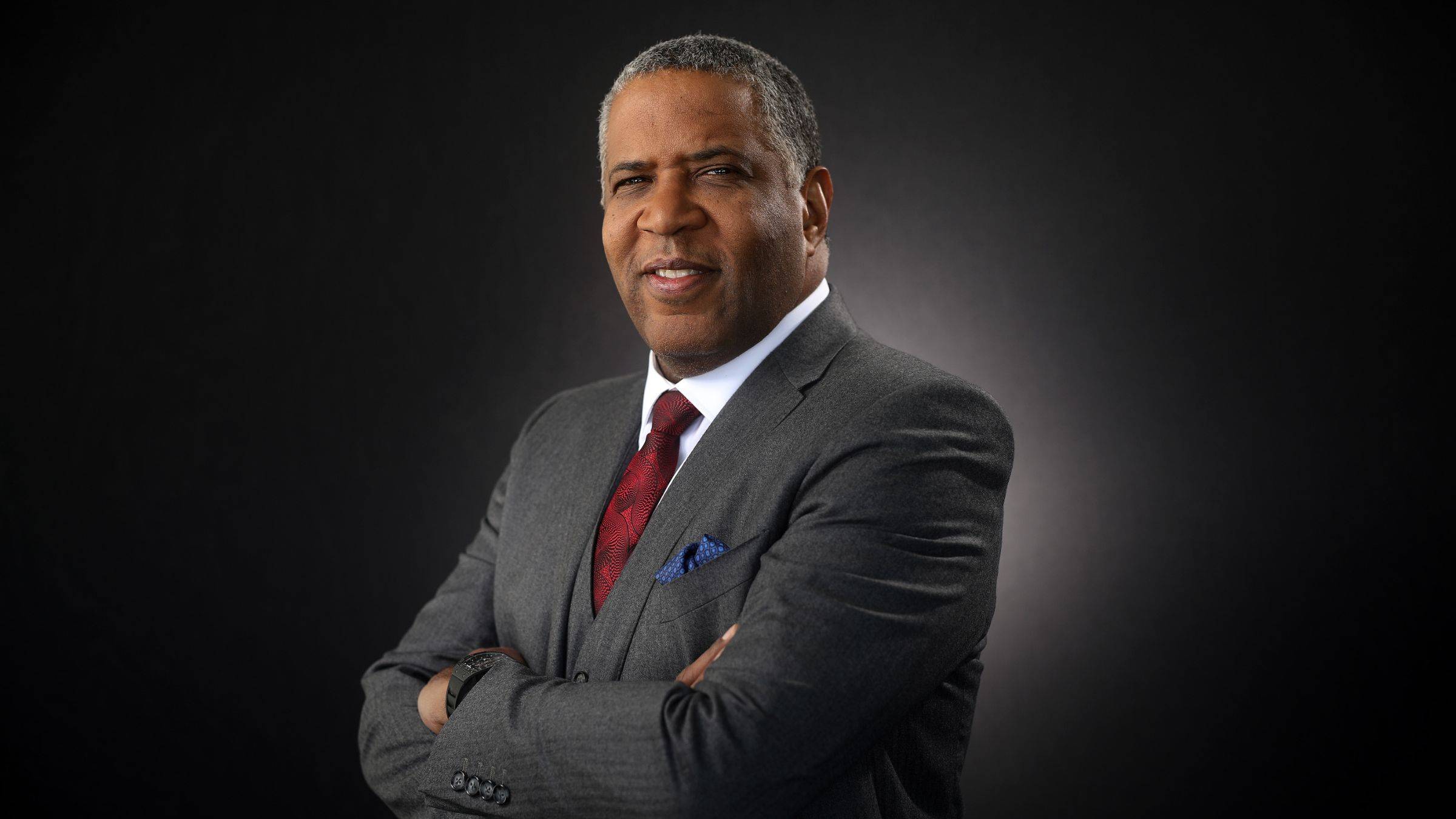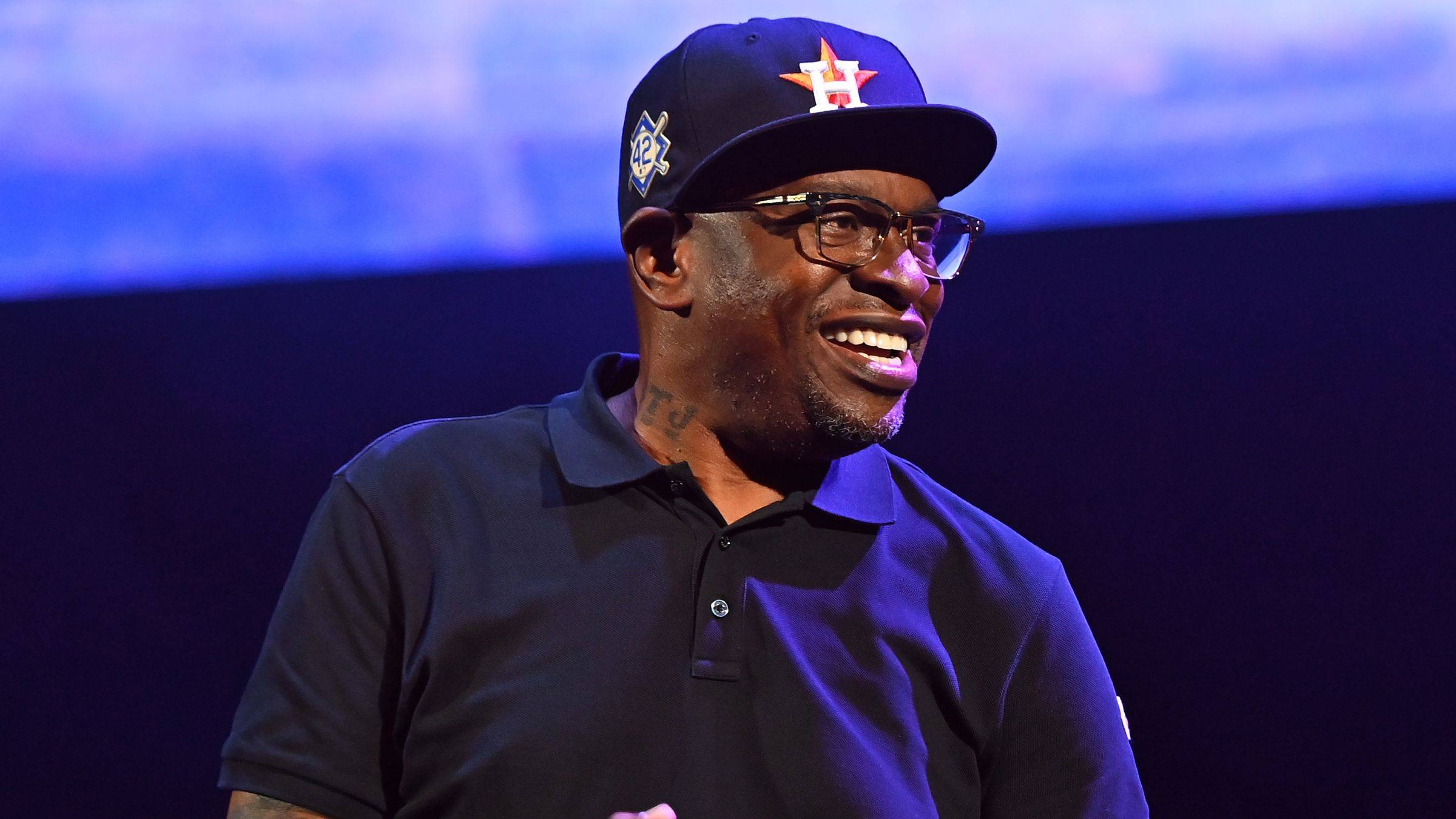Could the Voting Rights Decision Harm GOP Minority Outreach?

Reince Priebus, chairman of the Republican National Committee (Photo: Win McNamee/Getty Images)
Days before the U.S. Supreme Court issued its controversial ruling on the Voting Rights Act, Republican National Committee chairman Reince Priebus had what may be the first in a series of awkward conversations on the issue.
During an interview on the Tom Joyner Morning Show to kick off the RNC's minority voter outreach effort, Joyner accused the GOP of trying to suppress the African-American vote in 2012. Priebus responded to the charge by stressing the importance of protecting the vote and also defended voter ID laws as an effective way to prevent fraud at the polls.
The debate will likely come up repeatedly as Priebus travels the nation trying to sell his party to Black and other minority voters and community civil rights leaders. In addition to the high court's ruling, which may make his daunting task even more so, Republican-led states aren't helping either. Several have wasted no time working to implement changes to their voting procedures that had previously been blocked by the Voting Rights Act.
"I think one of the unintended consequences of the ruling will be less minority support for Republicans," said Howard University political scientist Michael Fauntroy.
On one hand, the national party is urging minorities to consider the GOP while states are at the same time making it more difficult for them to vote.
"Ultimately this is going to complicate and make worse any attempt to gain greater minority support for the Republican Party," Fauntroy added.
Despite several studies to the contrary, Priebus and other members of his party say that voting fraud is "real." Is that an argument they can win in African-American communities?
According to RNC committee member Glenn McCall, it's not a conversation they should even have to have. He also doesn't think the voting rights decision will have any impact on the party's plan to engage minority voters.
In fact, McCall, who is African-American and played an instrumental role in developing the outreach effort, thinks that there is no longer a need for a Voting Rights Act at all.
"I think that what we should be doing and will do over time working with our representatives in the House is strike down that law completely. Everyone has the right to vote," McCall told BET.com. "I don't like that every 25 years we say a certain group of people has the right to vote. We're all Americans and all citizens should have the right to vote period."
McCall shares the view noted by Chief Justice John Roberts in the court's majority opinion that the nation has changed since the law was first enacted, and holding states or parts of states accountable for past racial discrimination is in fact discriminatory.
"Times have changed; states have grown more diverse and government at every level," McCall said. "The reason the law was put in place in those jurisdictions is no longer there, I feel. We're holding [them] accountable and singling them out and I think that's wrong."
Black conservative Hughey Newsome told BET.com that there is a way to implement voter ID laws without suppressing voters.
"If done correctly, you don't disenfranchise people and at the same time eradicate whatever level of voter fraud there is," he said. "It can be done correctly by giving people the time, opportunity and resources to get the proper identification."
Using Virginia, where he lives, as an example, Newsome said that in addition to issuing free IDs, the state made provisions for voters to participate in the 2012 elections and present ID later, if necessary.
"That's the right thing to do. We have to be sensitive to people who have fewer resources," he said.
Unlike McCall, Newsome believes this is a conversation that the Republican Party very much needs to have with minority communities to get their perspectives on why and how they believe voter ID and other measures are attempts to keep them from the polls.
David Bositis, senior political analyst at the Joint Center for Political and Economic Studies, believes that action speaks a whole lot louder than words. And, in his opinion, the Republican outreach effort is nothing more than "messaging."
In addition to states seemingly in a rush to implement new voting procedures in wake of the Supreme Court decision, there is little appetite among congressional Republicans to develop a formula that would determine which states should have such procedures approved by the Justice Department or a federal judicial panel.
By his count, there are 97 House GOP members representing states that have to seek approval, which is nearly half of the Republican caucus. In addition, there are some "ultra conservatives" who aren't from the South.
"Congress won't be coming up with a new formula," Bositis said.
While that battle is being fought, he and voting rights advocates agree, the key will be for African-Americans and other groups to head to the polls during next year's mid-term elections with the same enthusiasm they did in 2012.
"If 55 percent of Blacks vote in 2014," Bositis said, "there will be Republican blood all over the streets."
BET Politics - Your source for the latest news, photos and videos illuminating key issues and personalities in African-American political life, plus commentary from some of our liveliest voices. Click here to subscribe to our newsletter.

